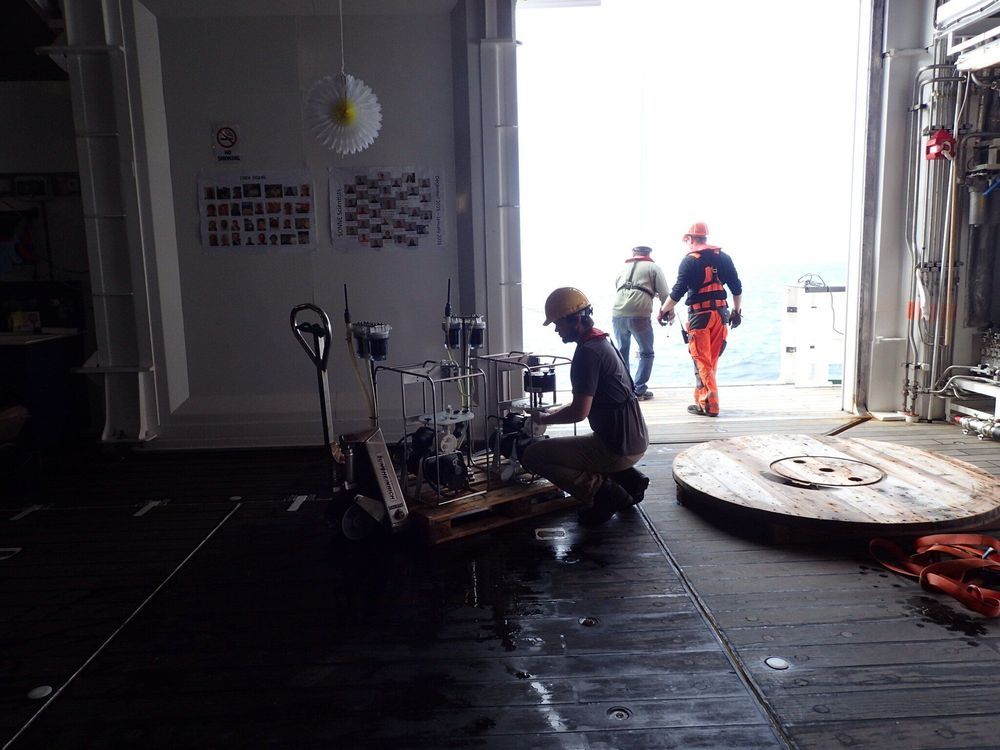The world’s oceans soak up about a quarter of the carbon dioxide that humans pump into the air each year—a powerful brake on the greenhouse effect. In addition to purely physical and chemical processes, a large part of this is taken up by photosynthetic plankton as they incorporate carbon into their bodies. When plankton die, they sink, taking the carbon with them. Some part of this organic rain will end up locked into the deep ocean, insulated from the atmosphere for centuries or more. But what the ocean takes, the ocean also gives back. Before many of the remains get very far, they are consumed by aerobic bacteria. And, just like us, those bacteria respire by taking in oxygen and expelling carbon dioxide. Much of that regenerated CO2 thus ends up back in the air.
A new study suggests that CO2 regeneration may become faster in many regions of the world as the oceans warm with changing climate. This, in turn, may reduce the deep oceans’ ability to keep carbon locked up. The study shows that in many cases, bacteria are consuming more plankton at shallower depths than previously believed, and that the conditions under which they do this will spread as water temperatures rise. The study was published this week in the journal Proceedings of the National Academy of Sciences.
“The results are telling us that warming will cause faster recycling of carbon in many areas, and that means less carbon will reach the deep ocean and get stored there,” said study coauthor Robert Anderson, an oceanographer at Columbia University’s Lamont-Doherty Earth Observatory.
